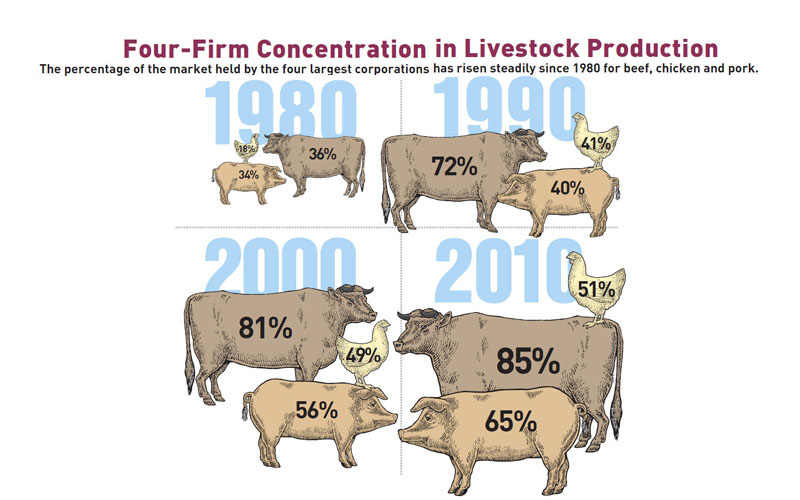
Food and you
How would a more sustainable food system look different from our current industrial model?
Scroll down to see a side by side comparison of the impact of the two systems and learn the answers!![]()
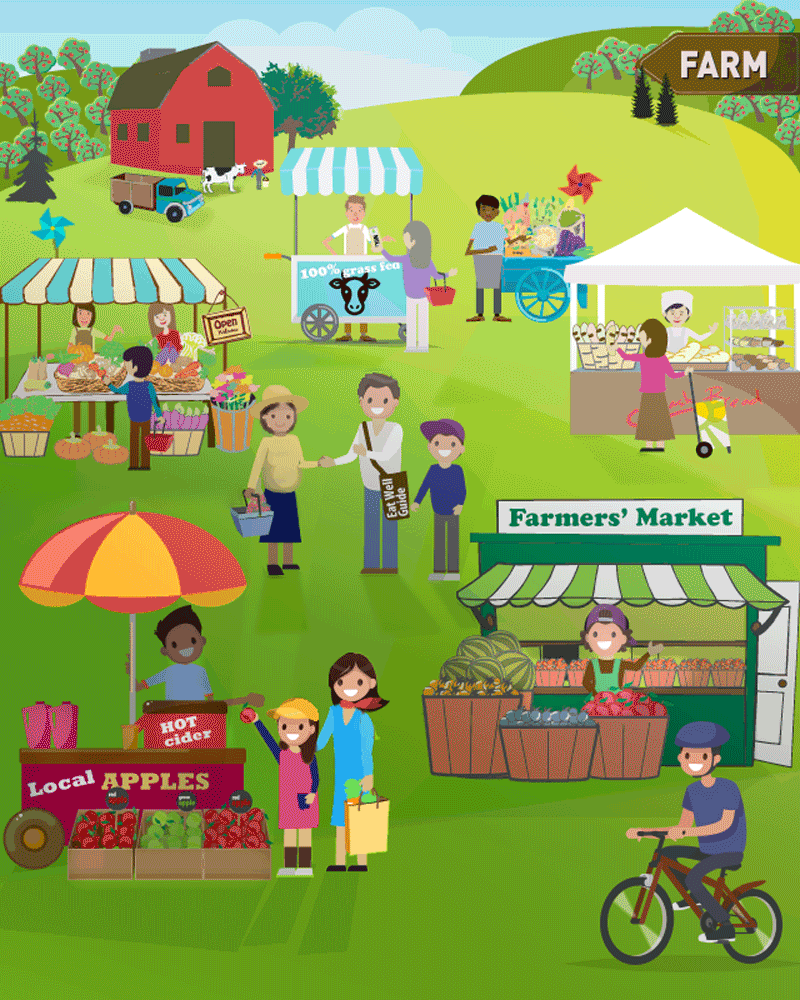
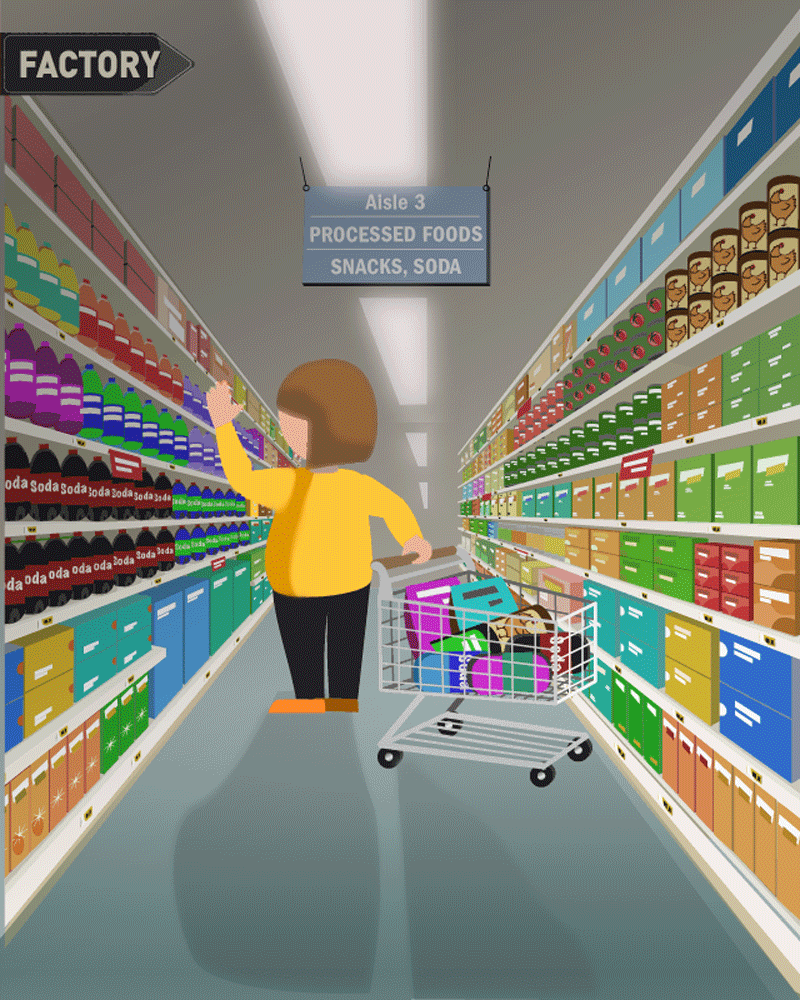
Union Square farmers’ market by Eric
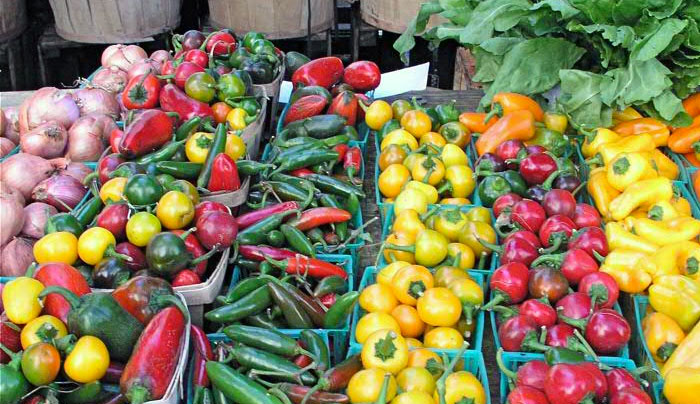
Healthful Food
A more sustainable food system would produce affordable, fresh, whole foods and healthy pasture-raised meats that are economically and physically accessible to all people. More fruits and vegetables would be grown, processed and distributed locally to improve food safety and security.
Junk food, mumemories/Adobe
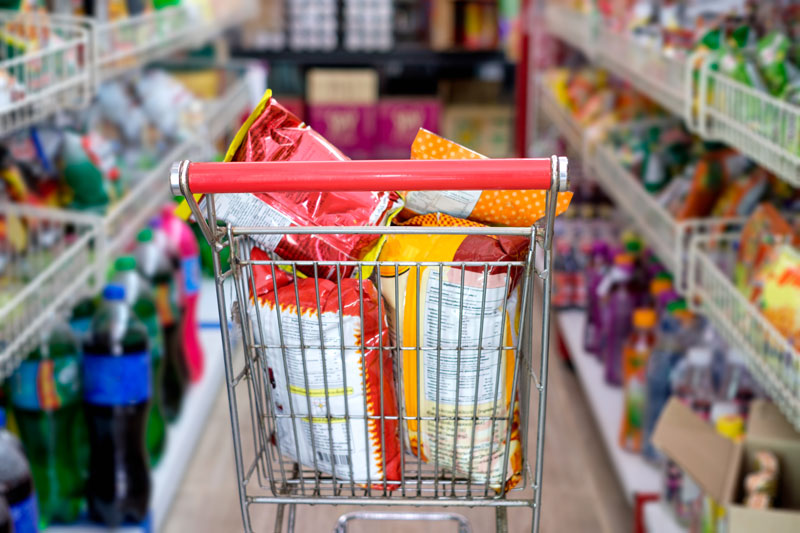
Poor Food Quality
The federal government spends billions of dollars a year to subsidize insurance plans for farmers who grow corn, soy, wheat and other crops that end up being fed to animals or in processed foods. Consequently, the industrial food system overproduces artificially cheap meat and unhealthful processed foods that contribute to obesity and other diet-related diseases.
Healthy offerings provided at a local farmers’ market by US Department of Agriculture
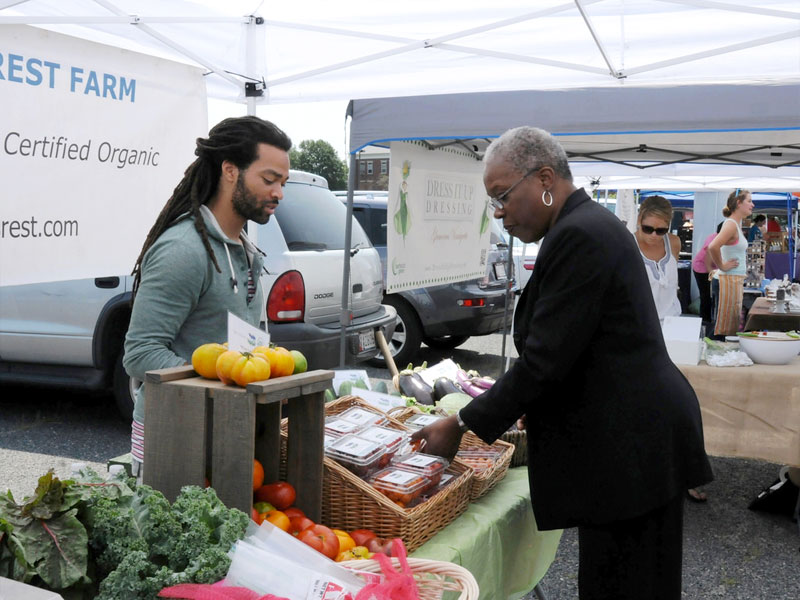
Regionalization
Sustainable farms help create strong local and regional food systems, reducing the need for long-distance transportation and intensive processing. Direct sales to consumers through farmers' markets and CSAs also provide farmers with higher profits and help make their businesses profitable.
Centralization and Consolidation
Food production and processing is increasingly controlled by a handful of corporations. Processing occurs in large centralized facilities, requiring long-distance food transportation. This creates food safety risks and makes the food system more vulnerable to shocks like drought and rising fuel prices, while raising costs for consumers and lowering the prices farmers receive for their crops.
K-T Cattle Company ktcattlecompany.com | agreenerworld.org
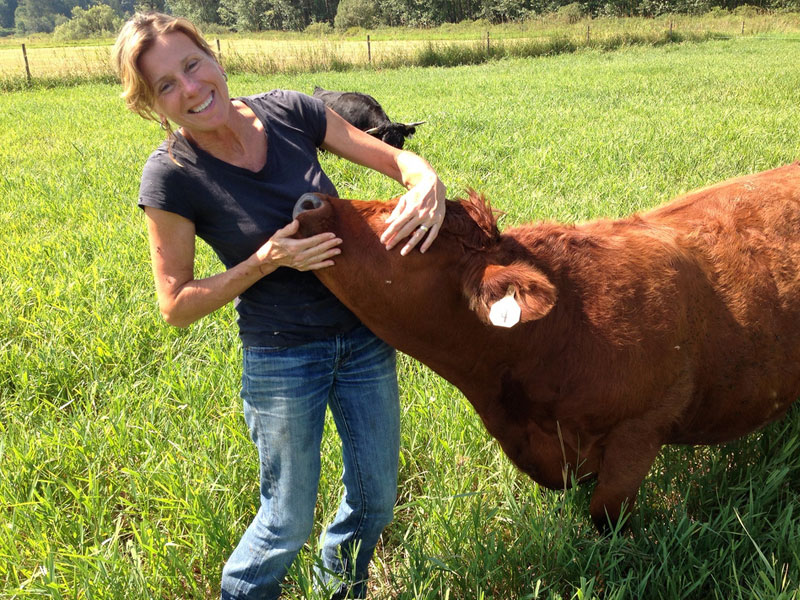
Good Jobs
Sustainable farms treat workers with respect, providing fair wages and safe working conditions. Also, by avoiding the use of harmful chemicals, sustainable farms help protect the health of their employees in the short and long term.
Charles Schug/iStock.com
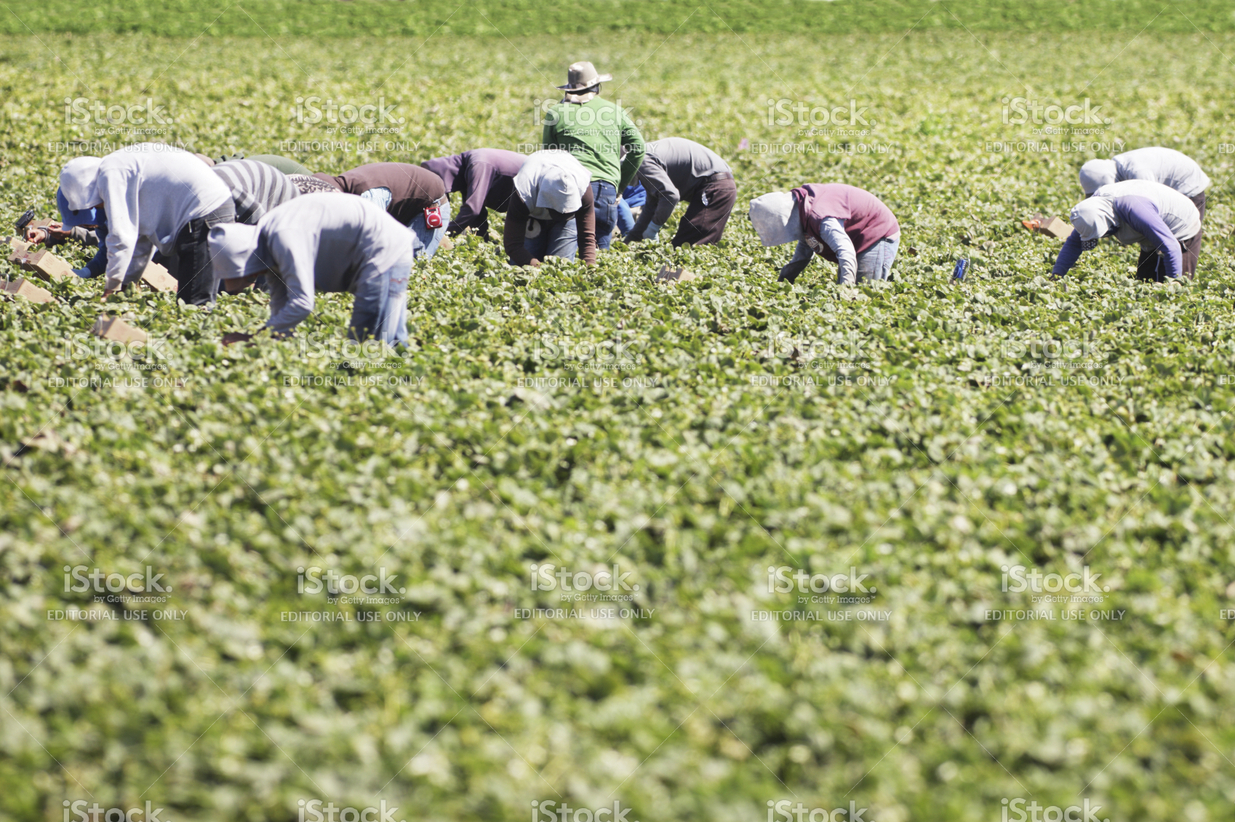
Labor Abuses
The industrial food system relies on poorly paid laborers who are often subjected to unfair working conditions, high risk of injury and illness, and exposure to toxic chemicals and harmful pathogens.
Bridget Calip/Shutterstock.com
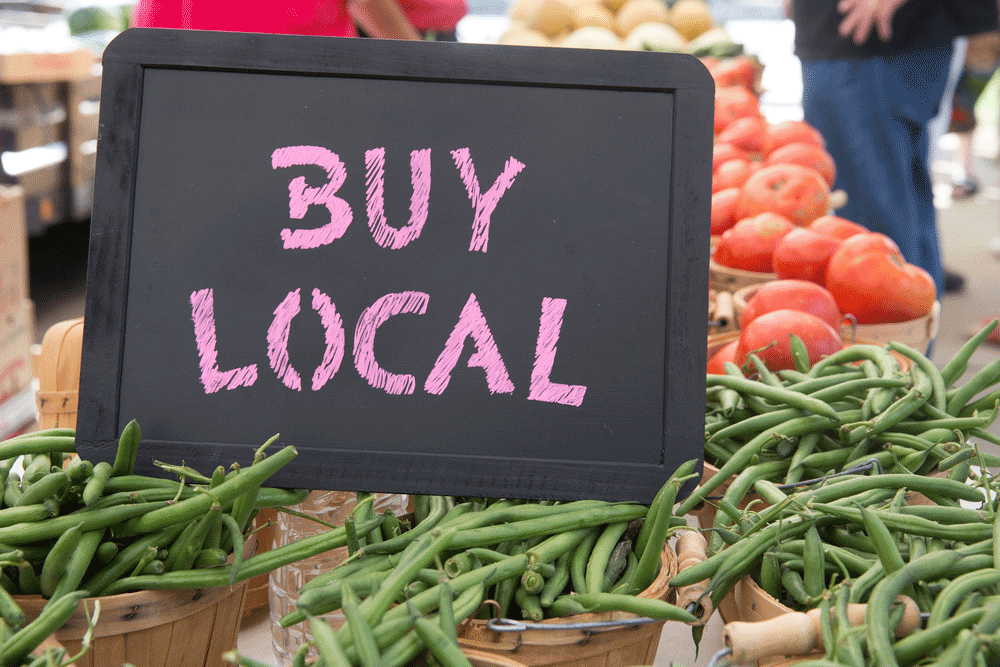
Take Action!
While sustainable food advocates lack the tremendous wealth and political power wielded by agribusiness, sustainable agriculture enjoys ever-growing public support as more people recognize its benefits and seek healthful, responsibly produced foods. Take action today to help support sustainable farmers!
Money Harry HU/Adobe

Powerful Lobby
The agribusiness lobby is among the most powerful – and wealthy – in Washington. In 2018, its lobbyists spent more than $130 million influencing government agencies and elected officials. As a result, agribusiness benefits from huge government subsidies, while environmental, labor, food labeling and food safety regulations remain weak and poorly enforced.
